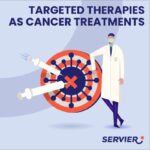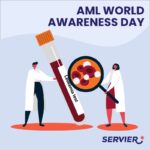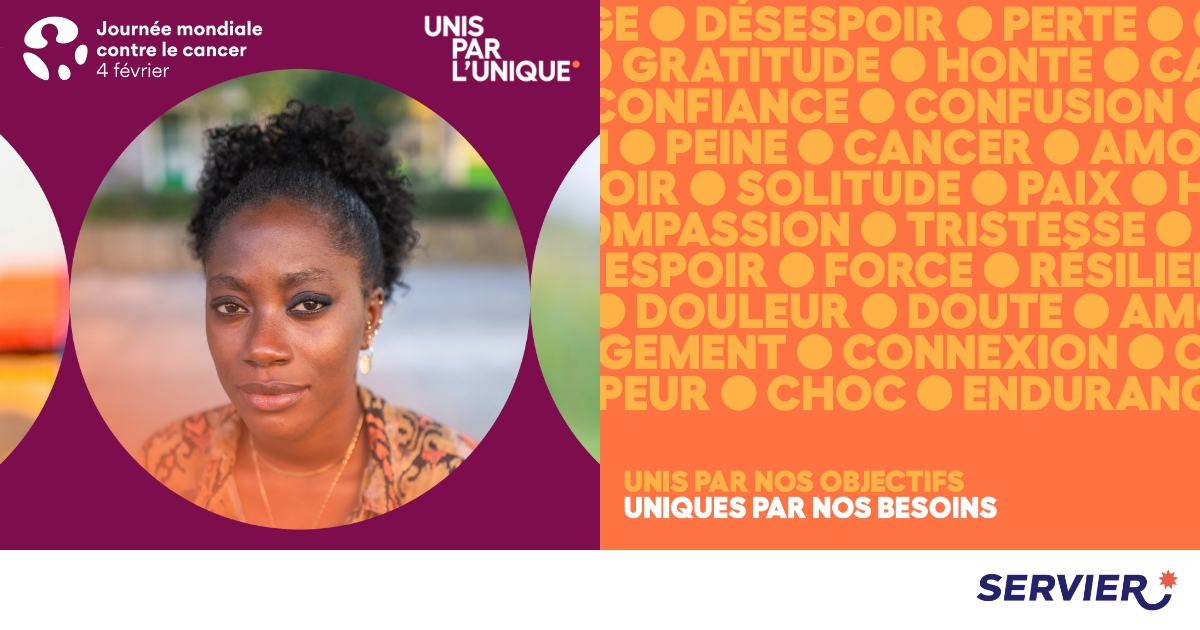
Cancer is so much more than a medical diagnosis – it’s a deeply personal story of grief, pain, healing, resilience, families and communities. That’s why it will take all of us, united, to create a world where we see the person before the patient.
At Servier, it has always been our mission to put patients and their families first: 50% of our R&D budget is dedicated to advancing cancer treatment and our team is united in their devotion to finding a cure for this disease.

On this day of awareness, you don’t have to be a researcher to learn some vital facts about cancer :
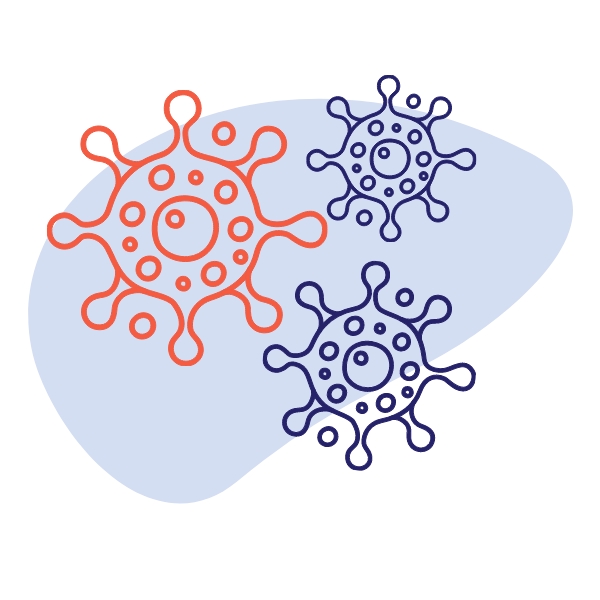
An estimated 20 million new cases and 9.7 million cancer-related deaths were reported globally in 2022, the latest year for statistics.1
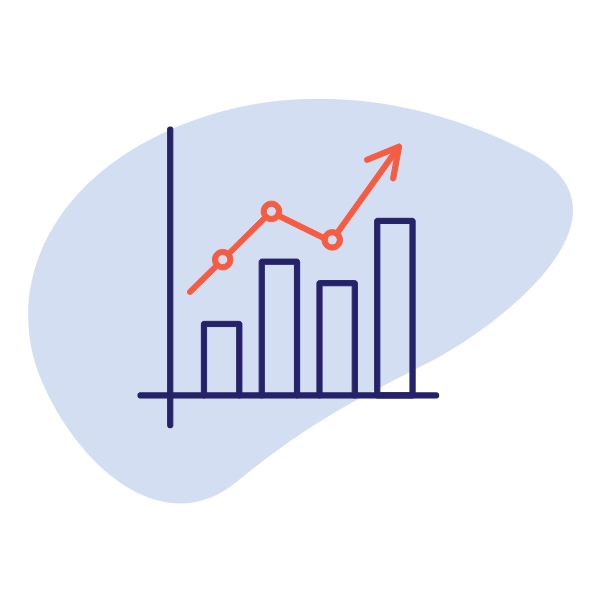
It is estimated that 42% of people in Canada will be diagnosed with cancer in their lifetime.2
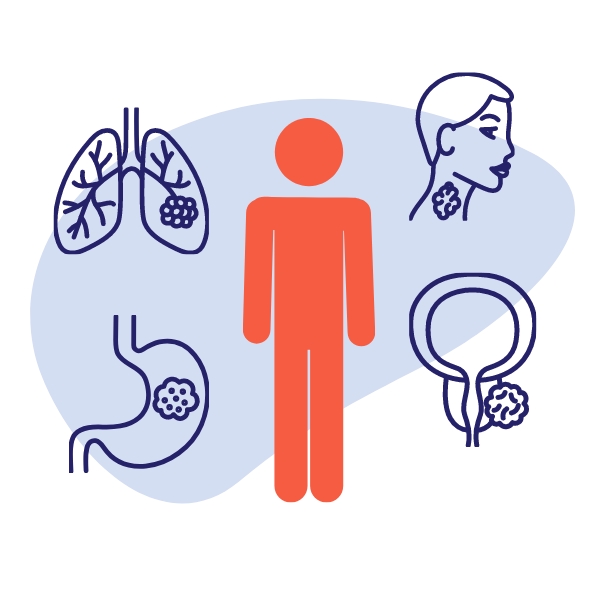
Prostate and lung are the most common types of cancers among males in Canada.2
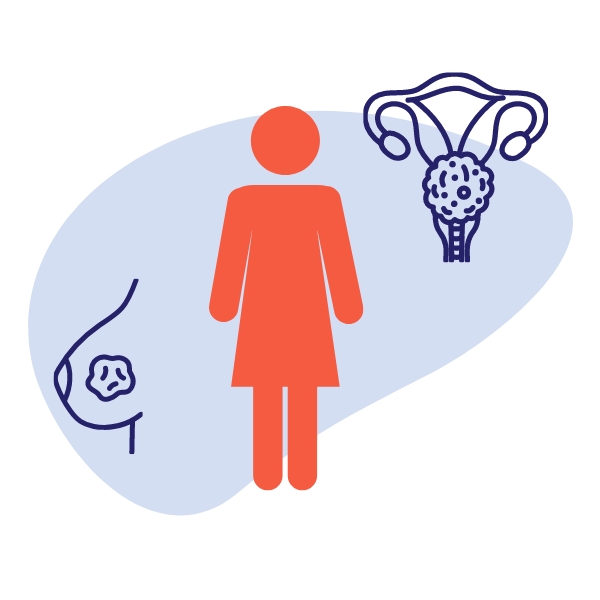
Breast, lung and colorectal cancers are most common among females in Canada.2
There are some lifestyle choices we can make to reduce our chances of developing the disease. According to the World Health Organization (WHO), a shocking 30-50% of all cancers can be prevented by:
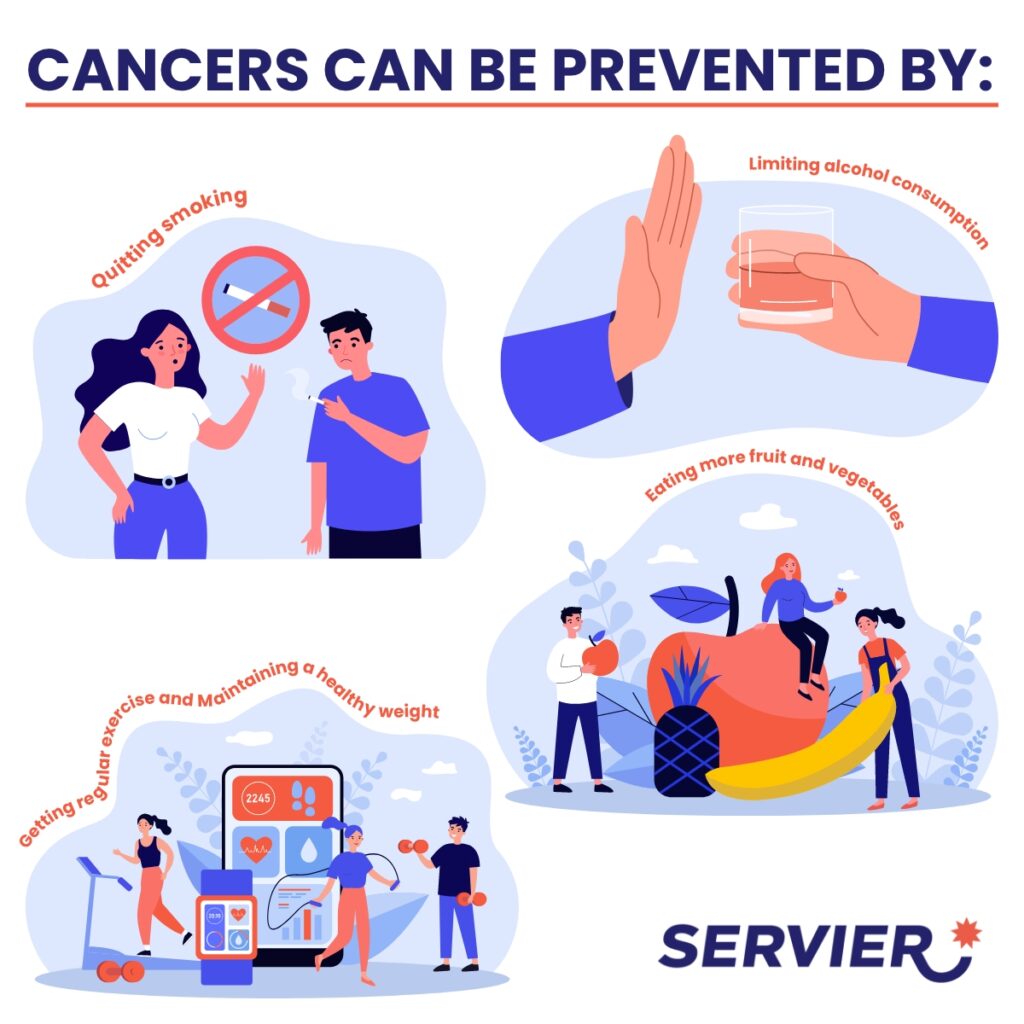
Putting People First: Why World Cancer Day Calls Us to Act
No one is prepared for a cancer diagnosis and it can affect each one of us differently, depending on where we live in the world, our income level and our support system. In Canada, we have access to universal healthcare, but many countries are challenged by unequal access to cancer prevention, diagnosis and treatment.

In 2022, nearly 70% of cancer-related deaths occurred in low- and middle-income countries4. Since cancer is more likely respond to effective treatment when identified early and treated promptly, this can be detrimental to lower-income patients.
No matter where you live or your income level, individuals, families and health systems are increasingly feeling the emotional and psychosocial impact and the financial strain of cancer. Fortunately, psychosocial support to improve the quality of life for patients and their families is becoming an essential component of cancer care.
That’s why World Cancer Day’s three-year campaign to put the person before the patient is vital. In 2025, the campaign focused on listening to people’s cancer journeys. This year, it will focus on transforming these personal stories into powerful advocacy tools. The goal is to influence policymakers, healthcare providers and the public to adopt a more holistic people-centred approach to cancer care.
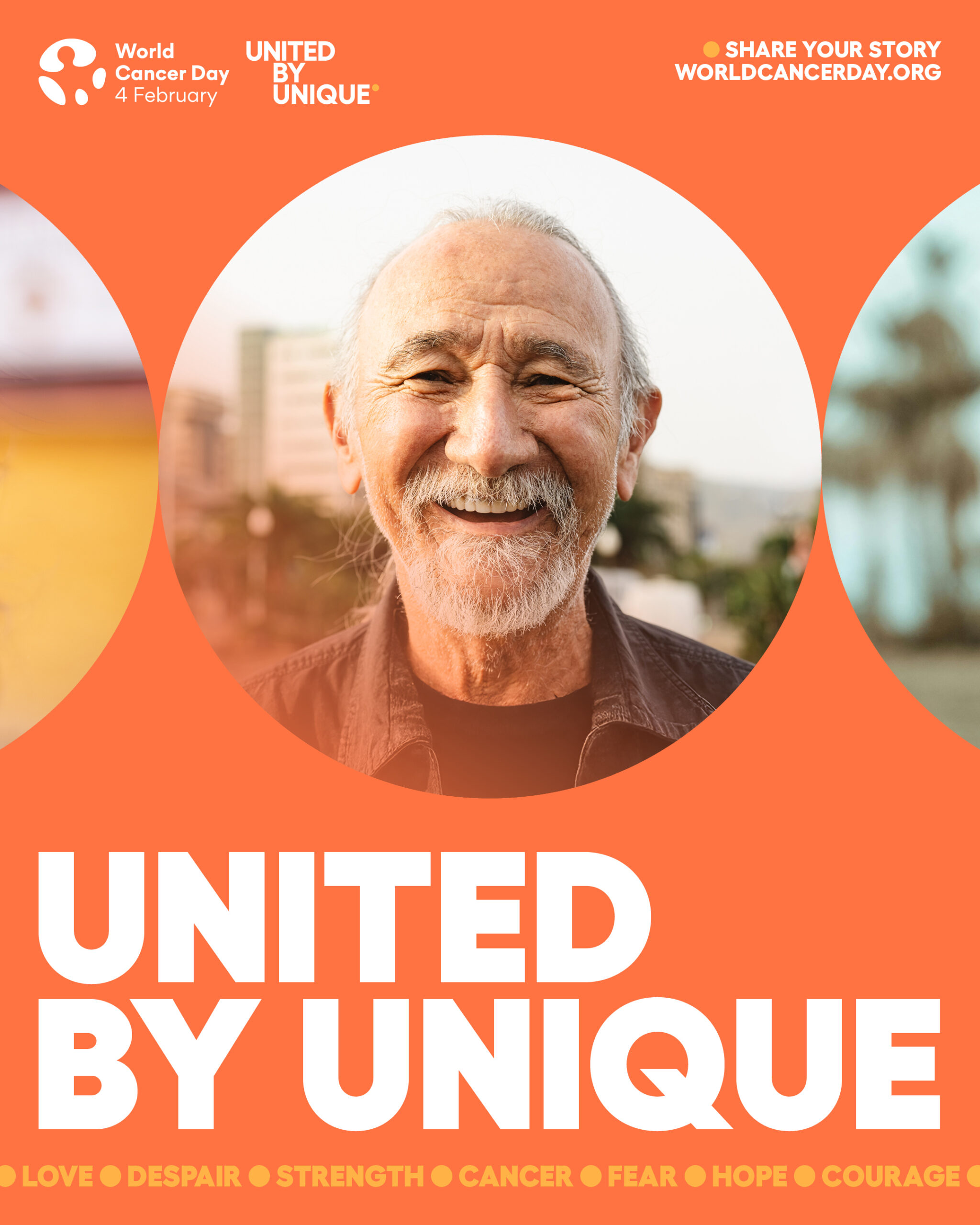
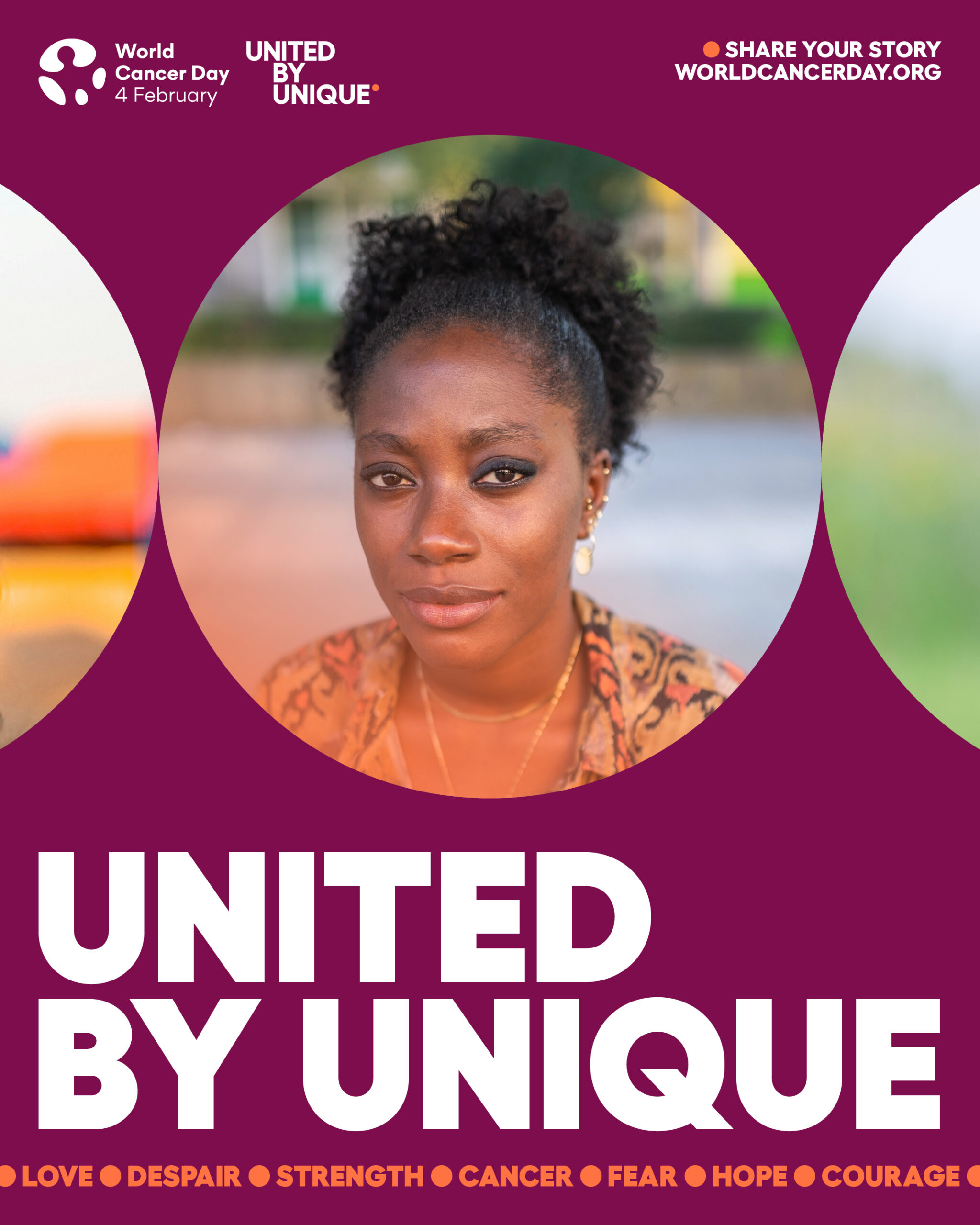

Standing Together for Compassionate Cancer Care
Servier Canada is proud to add our voice to a collective call for better, more compassionate and inclusive cancer care. This year, as the sun sets on World Cancer Day, landmarks around the world will light up in orange and blue—the colours of the movement—symbolizing global solidarity and hope for everyone affected by cancer.
We invite you to join the chorus by participating one of the many activities on World Cancer Day or just learning more at their website https://www.worldcancerday.org/the-campaign.
Together, United by Unique around the world, we can do so much to advance our understanding of cancer, which leads to better diagnoses, care and outcomes for all.
And what a world that will be.

Image Sources : Canadian Partnership Against Cancer 4
1. World Health Organization; https://www.who.int/srilanka/news/detail/05-02-2025-world-cancer-day-2025–the-world-cancer-day-theme-2025-2027—united-by-unique–places-people-at-the-centre-of-care-and-explores-new-ways-of-making-a-difference;extracted on November 24th, 2025.
2. Canadian Cancer Society; https://cancer.ca/en/research/cancer-statistics/cancer-statistics-at-a-glance#:~:text=46%2C700%20males%20and%2040%2C700%20females,quarter%20of%20all%20cancer%20deaths. 5th, 2025.
3. World Health Organization, https://www.who.int/news/item/01-02-2024-global-cancer-burden-growing–amidst-mounting-need-for-services#:~:text=In%202022%2C%20there%20were%20an,women%20die%20from%20the%20disease, extracted on November 24th, 2025.
4. Canadian Partnership Against Cancer; https://www.partnershipagainstcancer.ca/news-events/news/article/world-cancer-day-2024/ ; extracted on January 8th, 2026.

